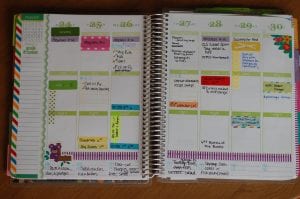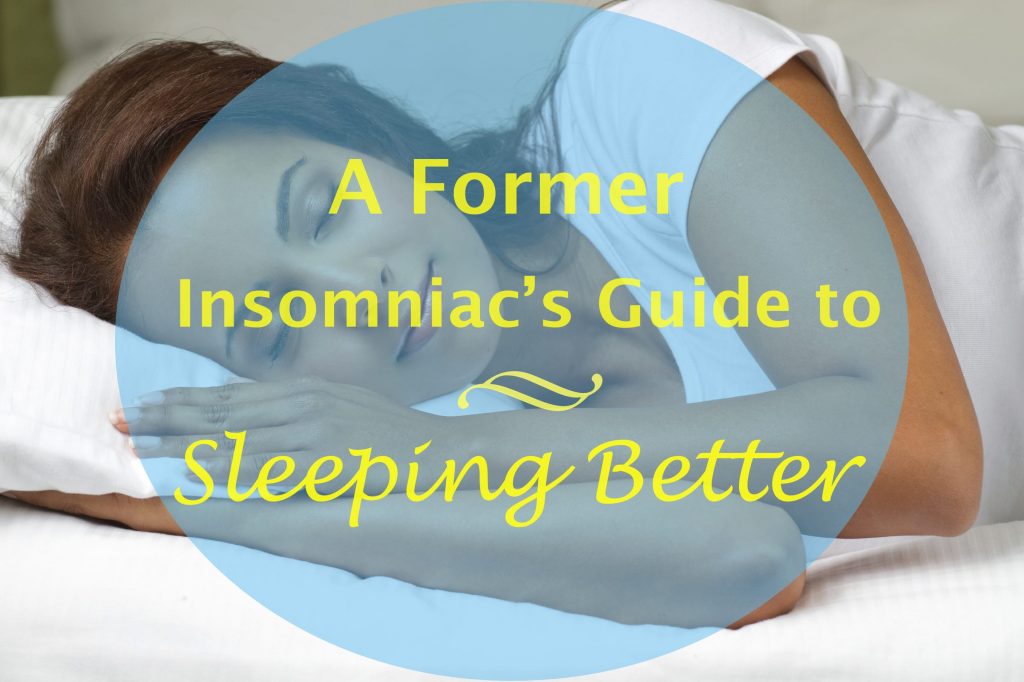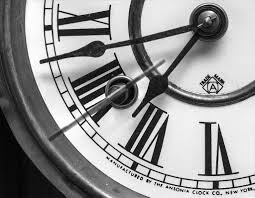Sleeping better is not my new year’s resolution this year but a few years back it was the number one thing I needed to improve in my life. I spent most of my freshman and sophomore years of college staring at the ceiling, wondering why I couldn’t fall asleep. Little did I know that I needed to actively take care of my sleep schedule just as much as any other part of my life.
Out of sleep-deprived frustration, I found my way into my college’s wellness center and asked for help. One of the staff members asked me about my “sleep hygiene”. I had no idea what she meant as the phrase seemed so foreign to me. Hygiene meant a certain routine–showering, teeth brushing, face washing–I had to do to keep my body clean; I couldn’t imagine that sleep needed a specific routine as well. I explained my sleep habits to her in detail: when I had an early class, I forced myself into bed early; when I had lots to do or plans with friends, I would stay up till the small hours of the morning. Some nights when I was overwhelmed with the stress of school work, I could barely get a few hours in as worrisome thoughts attacked my mind. When my stress level came down, I would crash and sleep half the day away. She smiled, looking at me like I was a toddler crying over a scraped knee and handed me a clip-art covered flyer about good sleeping habits. At first, I doubted anything other than Advil PM would help but I gave it a shot. As I slowly began to improve my sleep hygiene, my health and my productivity improved with it. I have learned a lot about how to maintain a healthy sleep schedule and I’m going to share my top tips with you.
My Top Tips for Sleeping Better
1. Routine is King
First, I created a routine for myself that I would do every night at roughly the same time. I stopped all homework or studying at a certain time in the evening, unusually around 7, I recall. Then I would treat myself to dinner and something fun like my favorite T.V. shows or Internet surfing. I would end the night with uncaffeinated tea about an hour before bed and would do a more low key activity like writing, reading or chatting with my roommate. Then it was off to bed. At first, it felt unnatural going to bed at 10pm or 11pm when I liked staying up to 1am or 2am, after all I was young and that was what I was supposed to do. It was a bumpy start but after a few weeks, the routine sank in and I pretty much have stayed on a similar sleep pattern since then. Being consistent with your nightly routine is the most important step to better sleep.
2. Create a Sacred Sleeping Environment

 3. No Caffeine After Lunch
3. No Caffeine After Lunch
I have to admit I’m much more strict about my caffeine consumption than is medically recommended. This is because I let my caffeine habit snowball to the point it affected my sleep. College was where I first picked up my love of coffee. It started with one cup in the morning then two cups in the morning which eventually was followed by one when I got to campus then caffeinated drink in the late afternoon to help me blaze through the course work. Even though I would feel tired at the end of the day, the caffeine would still keep me buzzing till late at night. I recommend cutting down to one cup in the morning then one smaller cup or caffeinated tea a few hours later but nothing more than that.
4. Plan, Don’t Cram

Understand that bad nights can still pop up even when you have healthy sleeping habits. My chaotic sleep schedule is long behind me but I’m not immune to the occasional restless night. For those of you who may not have slept so great last night, check out this video for tips about getting through the day when you are low on sleep:
Subscribe to our e-newsletter for more mental health and wellness articles like this one.
SUBSCRIBE NOW
Recommended for You
- Living Well with an Eating Disorder - July 18, 2017
- Living Well with Borderline Personality Disorder - June 13, 2017
- 6 Things that Everyone Thinks are Signs of Mental Illness but Aren’t - May 16, 2017








Wonderful article Veronique, great topic.
Insomnia is a common complaint from my clients so I wanted to learn more about how to help with this difficult challenge. I recently attended a CBT Workshop on Insomnia & wanted to add a few points to your wonderful blog.
Alcohol consumption, including wine & beer ( sorry) can contribute to interrupted sleep. So best to avoid more than
1 serving of alcohol 2 hours before bedtime. Also, research indicates that 7 hours of sleep is optimal for most adults, so don’t think you need to sleep 8 hours to function. I would also recommend the book “Goodnight Mind” by Colleen Carney,Phd, and Rachel Manber,Phd. Easy to read & fun as well. Sweet dreams
Hi Stephanie,
Thanks for your input. That is a good point about alcohol, most people are unaware of how it can negatively affect sleep. I’ll be sure to check out “Goodnight Mind”.
I sleep only 4/5 hours a day. I am 70 years and i did not do anything at night. My activities are in the morning. I did not drink alcohol, coffee or tea. I have dinner between 6:30 pm. then take shower, brush my teeth, watch TV until 10:30-11 pm. I go to bed, I couldn’t sleep, sometime wake up the middle of the night go to bathroom. I set up the alarm go to bed 10:30 and wake up at 6: 50 am every day. I try to think, what kind the food should eat or shouldn’t eat. Do you have any suggestion? Thank you. Serena
Hi Serena, thank you for commenting. Watching TV right before you’re going to sleep might be the problem. All the light and motion from the television keeps our brains stimulated and even messes with our sleep hormones for up to several hours after turning it off. I suggest turning the TV off at least a half hour before trying to sleep. As far as food goes, eating the last meal of the day a few hours before sleep, like you already do, is good. Too full of a stomach can keep you up or even give you nightmares. Yet, having a cup of herbal tea or warm milk with a light snack an hour or so before bed can help lull you to sleep and stay asleep longer. Hope this helped and that you have a good night’s rest tonight!
You all make excellent points about what the negative effects alcohol can have on someones sleep throughout the night by affecting the nervous system and even leading to dependency. Also a very great point made is that it is not about the “amount of hours slept” but actually “the quality of sleep in those amount of hours”. We have found that no matter what over time all things wear out and need to be replaced. The most expensive bed, sheets, and pillows will always need to be replaced. This is a problem for most people as we tend to not replace that item when we should because of the price. Its not about the price of an item its about the comfort it gives an individual. Sleep Better Every Night, All Year Long, Re-Fluff Pillows.com
I take a piece of marijuana rice crispy every night to heip me sleep. I have been diagnosed with sleep apena. What else could I take? I would like to get off the mj. Do I need to wean off? What else do you suggest for sleeping?
Hi Karen,
Thanks for commenting. Since sleep apena is a serious medical condition I recommend you talk to your doctor or a sleep specialist before doing anything else.
For the most part, I’m pretty certain that a good number of Americans totally underestimate just how vital sleep is to maintain basic bodily functions. Our bodies depend on uninterrupted sleep in order to grow muscle, rejuvenate our cells, and repair damaged tissue – along with numerous other processes. Plus, anyone who has even once suffered through a night of poor sleep knows precisely how frustrating it can be to get up in the morning, begin your day, and have the ability to to focus on the tasks you have to focus on. While I was doing research for a recent article, I was half-way shocked to find out that the CDC has presented reports claiming that one-third of adults do not sleep close to as well as they should. It’s punishing how we’re affecting our bodies when we don’t get enough high-quality shut-eye.